Responsiblesteel’s agreements with Chinese and European steel standards expand a common approach to greenhouse gas measurement and classification, covering more than half of global steel production. The partnerships bring together producers, consumers, and innovators under harmonized definitions of low-emission steel, accelerating the sector’s journey toward deep decarbonization.
Steel accounts for around 7–9 percent of global greenhouse gas (GHG) emissions, making it one of the largest industrial contributors to climate change. The agreements strengthen efforts to facilitate trade and investment in decarbonized steel while ensuring consistency and reliability in sustainability standards worldwide.
Achieving meaningful progress in decarbonization requires collaboration across borders and standards. Today’s agreements send a strong message of global consensus to governments regarding the “scrap-variable” approach to low-emission steel classification. This approach acknowledges that recyclable steel will be limited in the coming period and is designed to promote decarbonization across all technologies.
Already recognized by the G7 and incorporated into international standards, this approach provides a practical, science-based solution supporting the global transition to low-emission steel without compromising integrity. It prevents unproductive competition for limited scrap supply, encourages decarbonization across all steel production routes, and supports technology-neutral solutions compliant with international trade rules, removing unnecessary barriers to trade.
Responsiblesteel’s greenhouse gas accounting methodology and classification system are part of the ‘International Production Standard,’ developed through a transparent, multi-stakeholder process with participation from over 180 individuals, including more than 70 business and civil society organizations and steel producers operating blast furnace (BF) and electric arc furnace (EAF) facilities, covering a broad ESG spectrum.
Responsiblesteel CEO Annie Heaton stated:
"Responsiblesteel is creating a global framework that enables comparability to establish the foundation for a global market in low-emission steel. A large portion of global steel production capacity now has the potential to use equivalency mechanisms to define low- and near-zero-emission steels. These agreements pave the way for the first real examples of interoperability between standards, providing clarity for steel producers, buyers, investors, and policymakers in a groundbreaking development."
Jiang Wei, president of the China Iron and Steel Association (CISA), emphasized:
"Collaboration is essential to harmonize greenhouse gas emission standards and accelerate the decarbonization of the steel industry. This agreement is a groundbreaking step toward that goal. CISA’s decision to collaborate with Responsiblesteel reflects our mutual commitment to steel standard principles, proven results achieved by both organizations in this area, and our shared dedication to reliable, science-based solutions. We look forward to working closely with Responsiblesteel to advance the objectives of this agreement."
LESS secretary general Carmen Ostwald stated:
"LESS is proud to partner with Responsiblesteel in this groundbreaking initiative. Our shared commitment to reliable, science-based solutions will provide much-needed clarity in greenhouse gas emissions comparison and transparency in the decarbonization process of steel production. This agreement represents a critical step toward creating global markets for low-emission steel and accelerating the sector’s transition to net zero."
Responsiblesteel board chair Gerry Tidd emphasized:
"Two dominant steel-producing regions, China and Europe, play a vital role in decarbonizing the steel industry. Responsiblesteel is proud to act as a global, multi-stakeholder facilitator, using its trusted standard to help industries achieve genuine decarbonization."
The agreements also set an example for the Steel Standard Principles (SSPs) launched at COP28. Responsiblesteel has taken a leading role in developing interoperability between standards in collaboration with more than 60 SSP signatories.
Leading industry figures and organizations also support the agreements:
Philippe Aubron, global head of automotive at ArcelorMittal, stated:
"ArcelorMittal strongly supports the collaboration between Responsiblesteel, CISA, and LESS to enhance interoperability between the new standards. It is essential to create a unified framework for international reference standards to accelerate steel decarbonization and provide transparency and reliability in global markets. We believe this initiative will build trust, drive innovation, and ensure the industry meets its climate commitments consistently and rigorously."
Wang Qiangmin, chief representative for carbon neutrality at China Baowu Steel Group, stated:
"The signing of this cooperation agreement is a key milestone for the Chinese steel industry in actively applying green development principles and integrating deeply into global low-carbon emission management. We will use this opportunity to jointly promote international recognition of low-carbon steel standards, establish a green supply chain system, and contribute to the low-carbon transformation of the global steel industry with Chinese expertise and strength."
Frederik Van de Velde, CEO of ArcelorMittal Belgium, stated:
"This partnership is groundbreaking for our sector. By aligning our standards, we not only strengthen LESS and Responsiblesteel but also establish a global consensus on the definition of low-emission steel. ArcelorMittal is proud to support this initiative, which will accelerate our joint journey toward a sustainable steel sector."
Gunnar Groebler, CEO of Salzgitter AG and chair of the LESS board, emphasized:
"Aligned standards form the backbone for meaningful change in steel production. This tool ensures companies can adopt sustainable practices with confidence while providing customers with the transparency needed to make informed decisions. Mutual recognition between standards is key to building trust in the market."
Riccardo Savigliano, head of energy systems and decarbonization at UNIDO, stated:
"These agreements represent an important step toward globally harmonized standards for low- and near-zero-emission steel, which are critical for advancing decarbonization across the sector."
Susanne Larsson, CFO and CSO of SKF, stated:
"Unified, reliable, and interoperable standards are vital for making informed sourcing decisions in complex and globalized value chains like ours. These agreements will provide the market with much-needed clarity and consistency, strengthening the foundation for genuine climate action in the steel sector."
John Haffner, deputy sustainability director at Hang Lung Properties, stated:
"Carbon emissions from steel are a fundamental challenge in the real estate sector. We welcome and applaud this announcement as the first real estate company in China to join the Climate Group’s SteelZero initiative. Promoting decarbonization across all steel production routes and establishing reliable, interoperable standards will accelerate low-carbon steel production and provide clarity and momentum to demand-driven initiatives in China and beyond."
Esther Finidori, sustainability director at Schneider Electric, stated:
"Harmonizing global standards for low-emission steel is essential to scale reliable supply and sustainable trade. Decarbonizing supply chains requires standards that are harmonized, high-integrity, transparent, traceable, and measurable. We are committed to building sector coalitions, establishing long-term partnerships, and ensuring the standardization necessary to accelerate sustainable innovation."
Mike Peirce, executive director of system change at Climate Group, stated:
"This announcement is a strong example of what collaboration can achieve. By shaping standards within a common framework, these organizations are enabling greater alignment on how we measure and classify emissions in steel, a sector critical for global decarbonization."
Sameen Khan, senior director of steel at Climate Group, stated:
"SteelZero was established to accelerate demand for net-zero steel, and this announcement represents a vital step toward that goal. Steel buyers seeking low-carbon materials need clarity and comparability at a time when multiple decarbonization standards are emerging. Reducing barriers to measurement and progress is critical to helping companies make informed choices about where to source low-emission steel. This collaboration promises to provide that clarity."
Responsiblesteel continues to be the single, multi-stakeholder standard for sustainability in steel worldwide, with 90 certified organizations.


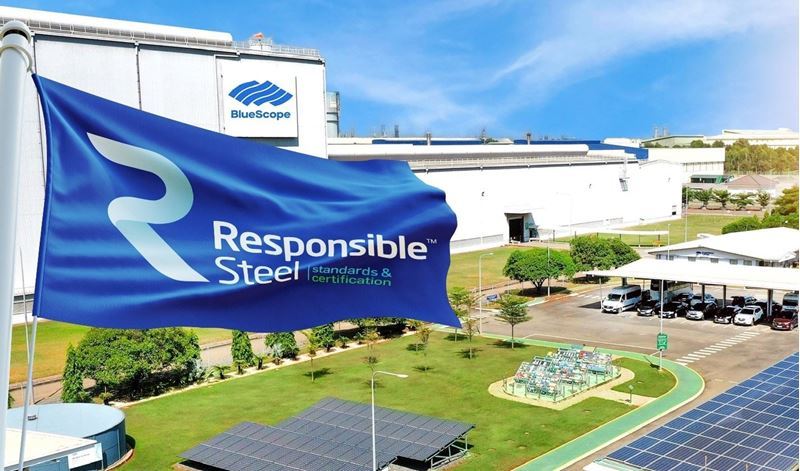
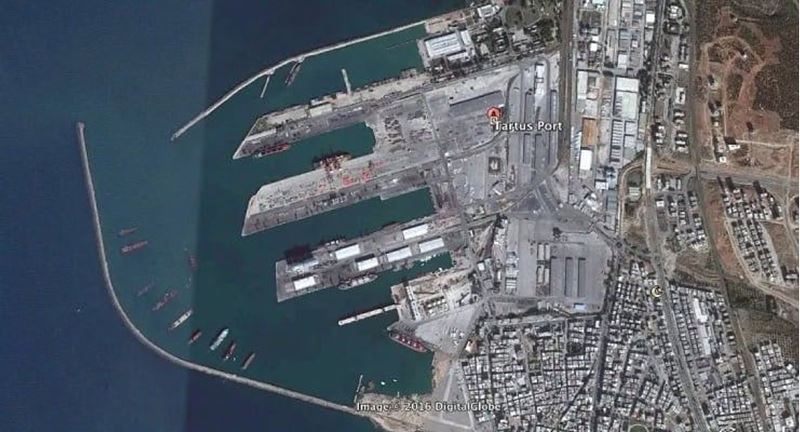
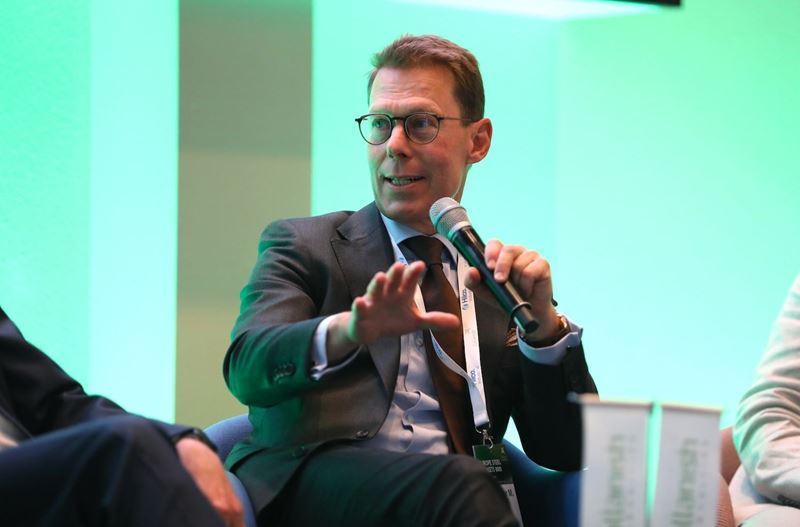
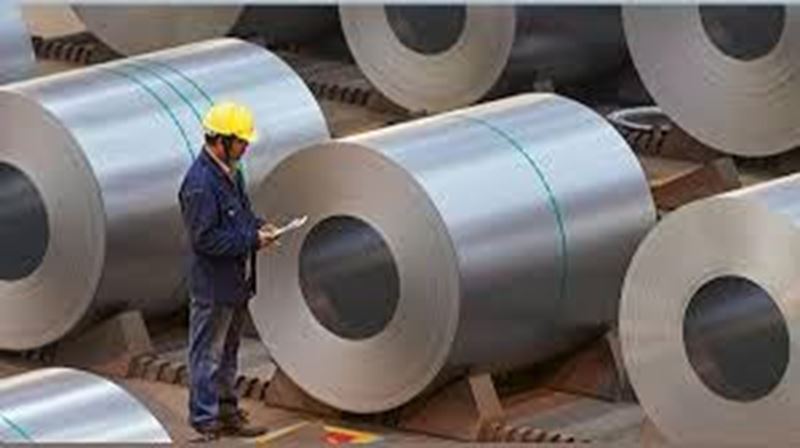
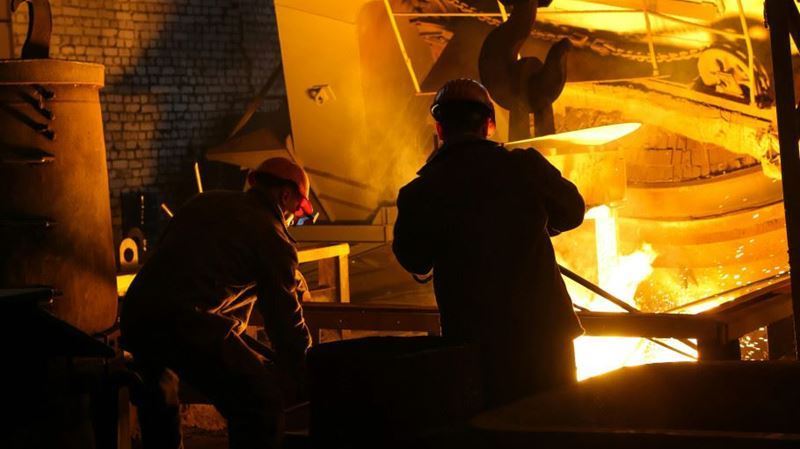



Comments
No comment yet.